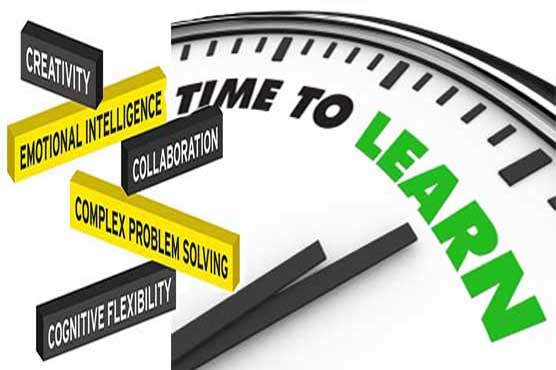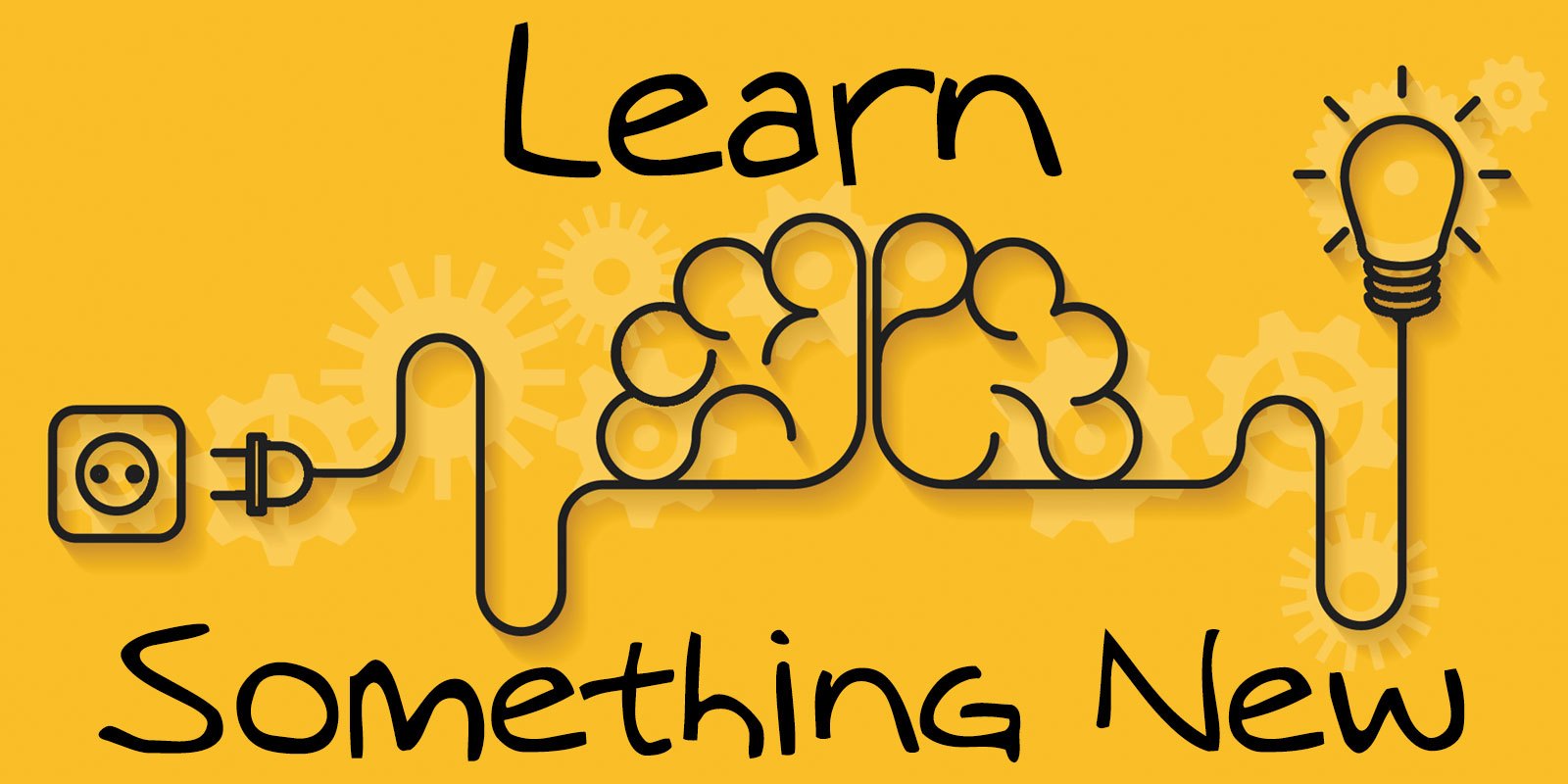Learn Latest Work Smartest - Top Ten skills for the future work force by year 2020

Sometimes it's ok to step down to learn a new skill and then going up again.
(WebDesk) - Chances are your job description has changed over the past five years or maybe your role didn’t even exist a little while before. The workplace of today and the future looks quite different due to evolving technology, the economy, the environment, and politics.
The evolving workplace is creating a skills divide. This change should not be considering a threat rather an opportunity to learn new skills and innovative dexterities.

To be as productive as it could be, this new automation age will also require a range of human skills in the workplace, from technological expertise to essential social and emotional capabilities. Photo: File
The world of work in general is changing and people are required to accept the advancement and progression into the new dimensions of changing demands of work force. People are living longer, new technologies are emerging, and we’ve never been more globally connected than the people of today’s era are connected to each other. It is pertinent to consider that the skills we use now in the workplace are not necessarily the skills we’ll need in the future.
Machines are already conducting data mining for lawyers and writing basic press releases and news stories. In coming years and decades, the technology is sure to develop and encompass ever more human work activities.
Yet machines cannot do everything. To be as productive as it could be, this new automation age will also require a range of human skills in the workplace, from technological expertise to essential social and emotional capabilities.

The world of work in general is changing and people are required to accept the advancement and progression into the new dimensions of changing demands of work force. Photo: File
A report by the World Economic Forum reveals that almost 65 percent of the jobs elementary school students will be doing in the future do not even exist yet. Both the workforce and our knowledge base are rapidly evolving.
Let’s take a deeper look into the top ten skills the World Economic Forum have identified to be of increasing value to future workplaces:
Complex Problem Solving
Complexity can look like chaos, and you’ll need an ability to connect the dots to create new pathways. The ability to ‘solve novel, ill-defined, multi-dimensional problems in complex, real-world settings is the most required need of the work force industry.
Think climate change, terrorism, extremism and poverty as the expert defined wicked not deadliest problems because they are near-impossible to solve due to incomplete, contradictory or ever-evolving requirements.
As the report details, ‘More than one third (36%) of all jobs across all industries are expected by our respondents to require complex problem-solving as one of their core skills.’
Critical Thinking
Using logic and reasoning to question an issue or problem, consider a range of solutions to the problem, and weigh up the pros and cons of each approach is roughly called ‘Critical Thinking’ which is another ability an employer needs in every employee he or she appoints to make space for his product and services in the society.
Creativity
Creativity is predicted to become a key desired skill in the future. Creativity is not the exclusive domain of those in the arts.
Creativity is about the ability to generate a new existence from an already existed entity in a way it amalgams into the society.
If you’re able to re imagine the things with seemingly disparate information, and throw all the ideas together to present something ‘new’, then you are a creative person.
.jpg)
People Management
It’s very important that in the future, managers and team leaders know how to motivate their teams, maximize their productivity and respond to their needs. Managing people and assisting them in becoming creative and productive is the skill which was required yesterday, is essential today and will be vital in future also.
Co-coordinating with others
Strong communication skills, a quick judgement of other people’s strengths and weaknesses, and being able to work with a range of different personalities in various circumstances is a job machine can’t do. It is the skill which requires simplicity and willingness to adapt change.
Emotional Intelligence
It’s that intangible ‘something’ that helps us tune into the kaleidoscope of human emotions, and measure how proficient we are at adjusting our behaviors depending on the frame of mind of a colleague, or even our own internal outlook.
Judge and decision making
In the future, given the speed at which volume of data can be generated and accessed, there will be a growing need to analyze the numbers, find actionable insights, to inform business strategy and decisions keeping internal biases and external influences aside.
Service Orientation
This is all about actively looking for ways to help people and shining a spotlight on end users, consumers or citizens, and anticipating what their needs will be in the future.
Negotiation
People in purely technical occupations will soon be expected to show greater interpersonal skills, and being able to negotiate with your colleagues, managers, clients and teams will be vital. This requires lots of creativity, emotional intelligence and abilities to co-ordinate.
Cognitive Flexibility
Cognitive flexibility is the mental ability to switch between thinking about two different concepts, and to think about multiple concepts simultaneously.
As experts explain Cognitive flexibility is all about being a mental gymnast. If you think of your brain as a gymnast’s floor, and imagine all the different apparatuses (e.g. the rings, parallel bars, and balance beam) as the different ways of thinking (e.g. the creative brain, mathematical brain, critical thinking brain etc.) — cognitive flexibility is how quickly (and easily) you can swing, leap and twirl back and forth between different systems of thought.. So how do we flex our cognitive muscles? By learning new things and in particular, learning new ways of thinking.

